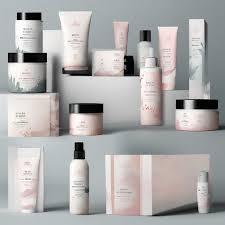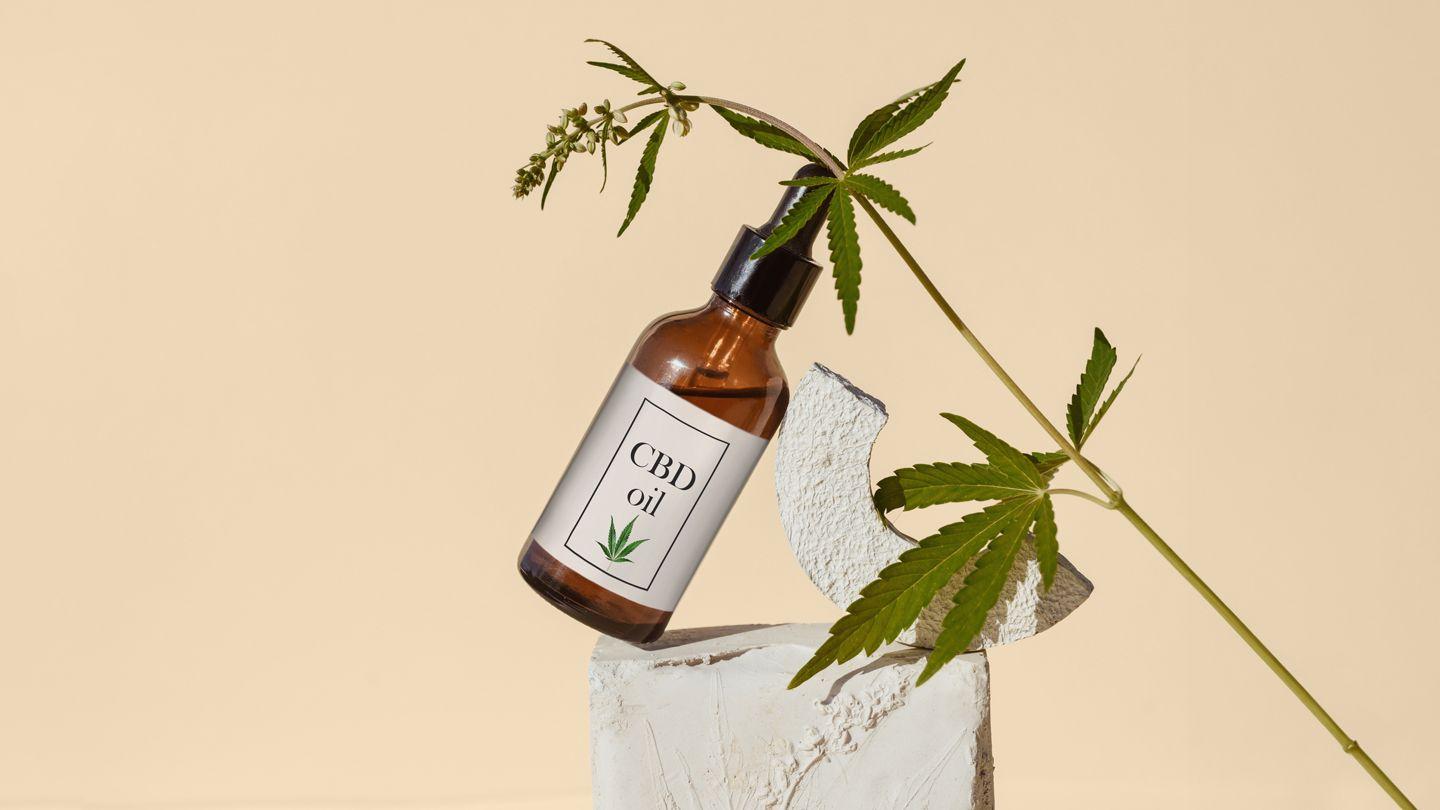Effective Acne Solutions: How to Get Clear and Healthy Skin

Acne is one of the most common skin concerns worldwide, affecting millions of people of all ages. Whether caused by hormonal changes, genetics, stress, or lifestyle, acne can be frustrating and impact self-confidence. Fortunately, there are many effective acne solutions available today that can help you achieve clearer, healthier skin. In this article, we’ll explore the causes of acne solutions, proven treatment methods, and lifestyle tips to keep your skin glowing.
Understanding Acne: Causes and Types
Acne occurs when hair follicles become clogged with oil, dead skin cells, and bacteria. This leads to inflammation, pimples, blackheads, whiteheads, or even cystic lesions. Common causes of acne include:
-
Hormonal fluctuations: Especially during puberty, menstruation, or pregnancy.
-
Excess oil production: Overactive sebaceous glands.
-
Bacterial growth: Propionibacterium acnes bacteria thrive in clogged pores.
-
Diet and lifestyle: High glycemic foods, stress, and poor skincare routines.
-
Genetics: Family history can make you more prone.
Acne can be mild, moderate, or severe, and the treatment approach depends on the type and severity.
Best Acne Solutions: Treatments That Work
1. Topical Treatments
-
Benzoyl Peroxide: Kills acne-causing bacteria and reduces oil.
-
Salicylic Acid: Helps exfoliate dead skin and unclog pores.
-
Retinoids: Vitamin A derivatives that promote cell turnover and prevent clogged pores.
-
Azelaic Acid: Reduces inflammation and kills bacteria.
These topical agents are available over-the-counter or by prescription, depending on strength.
2. Oral Medications
For moderate to severe acne, dermatologists may prescribe:
-
Antibiotics: To reduce bacteria and inflammation.
-
Oral contraceptives: Help regulate hormones in females.
-
Isotretinoin: A powerful vitamin A derivative used for severe cystic acne.
-
Spironolactone: An anti-androgen for hormonal acne in women.
3. Professional Treatments
-
Chemical Peels: Remove dead skin layers to improve acne and scars.
-
Laser and Light Therapy: Reduce bacteria and inflammation.
-
Extraction: Manual removal of blackheads or whiteheads by a dermatologist.
-
Microneedling: Stimulates collagen production to reduce scarring.
4. Natural and Home Remedies
-
Tea Tree Oil: Has antibacterial properties.
-
Aloe Vera: Soothes skin and reduces redness.
-
Honey Masks: Antimicrobial and healing benefits.
While these remedies may help mild acne, always do a patch test first to avoid irritation.
Skincare Tips for Acne-Prone Skin
-
Cleanse Gently: Use a mild, non-comedogenic cleanser twice daily.
-
Moisturize: Choose oil-free, non-comedogenic moisturizers.
-
Avoid Picking or Squeezing Pimples: Prevents scarring and infection.
-
Use Sunscreen: Prevents acne scars from darkening.
-
Avoid Heavy Makeup: Use non-comedogenic makeup if needed.
-
Maintain a Healthy Diet: Reduce sugar, dairy, and processed foods.
When to See a Dermatologist
If over-the-counter treatments do not improve your acne after several weeks, or if your acne is severe or causing scars, it is best to consult a dermatologist. Early professional intervention can prevent long-term damage and improve skin health significantly.
Conclusion
Acne is a manageable skin condition with the right combination of treatment, skincare, and lifestyle habits. Whether you opt for topical solutions, oral medications, professional treatments, or natural remedies, consistency and patience are key. Remember, every skin is unique—what works for one person may differ for another. Consulting a skincare professional ensures you receive the best personalized acne solution for your skin type and condition.








